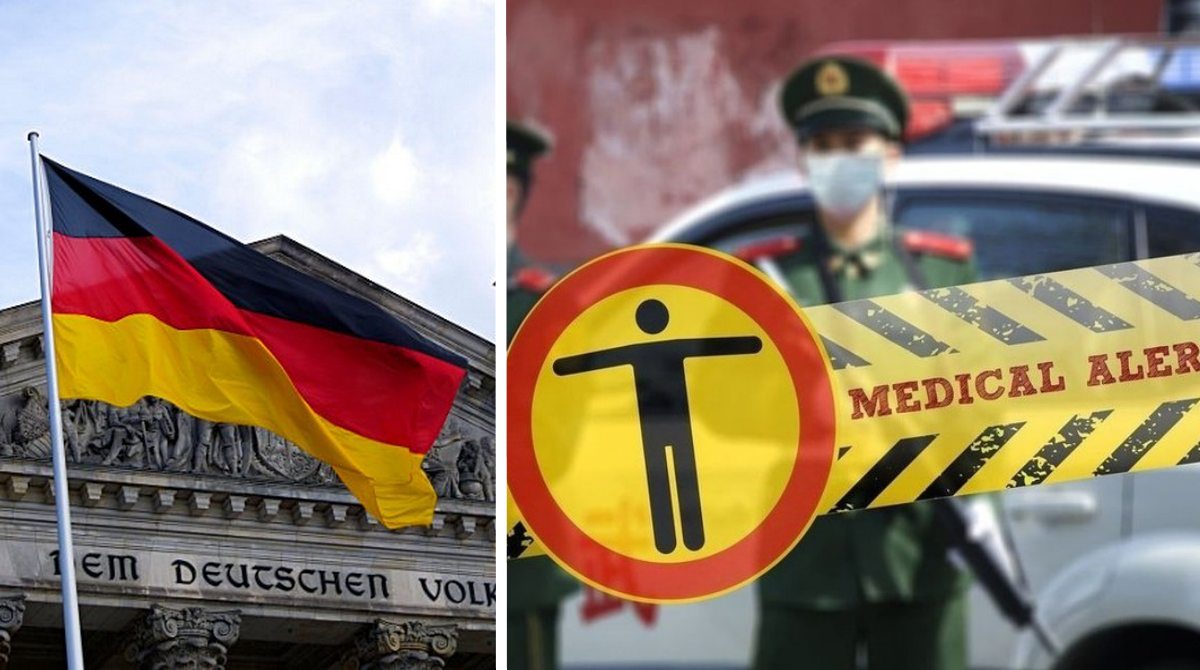The German authorities have officially announced that new nationwide measures to protect against the coronavirus will be introduced in the country for the fall and winter.
Details of how residents of Germany will live next winter have emerged after the German Bundestag approved on September 8 the Ministry of Health’s proposal “On the application of new measures to combat COVID-19”.
The new decree, approved by the Bundestag, will enter into force on October 1 and will be in effect until April 7, 2023.
The approved package of requirements is designed to prepare and protect Germany from the further spread of the coronavirus pandemic in the cold months of the year.
According to the new rules, from October 1, all citizens over the age of 14 must wear an FFP2 mask on long-distance trains. Children aged six to 13 must also wear a face mask on long-distance trains, but a regular, medical one.
It is different in airplanes and airports. Wearing masks on both domestic and international flights is optional. However, as the text of the document suggests, this rule may change if the number of cases of COVID-19 infection increases.
From October 1, the rules for fighting the coronavirus in hospitals and homes for the elderly will become stricter. As soon as all employees and visitors to medical facilities must wear FFP2 masks. In addition, visitors must also provide a negative rapid test, and staff is going to be tested three times a week.
The above-mentioned rules will apply throughout the country, and the federal states have the right to introduce additional requirements individually depending on the local situation. This applies to wearing masks in transport and other public spaces, as well as in secondary schools. In addition, they will also be able to conduct testing in schools and kindergartens.
It is noted separately that exceptions are possible for some categories of citizens. Yes, those who have recently been vaccinated or those who have fallen ill and also passed a negative test can be exempted from wearing masks.

